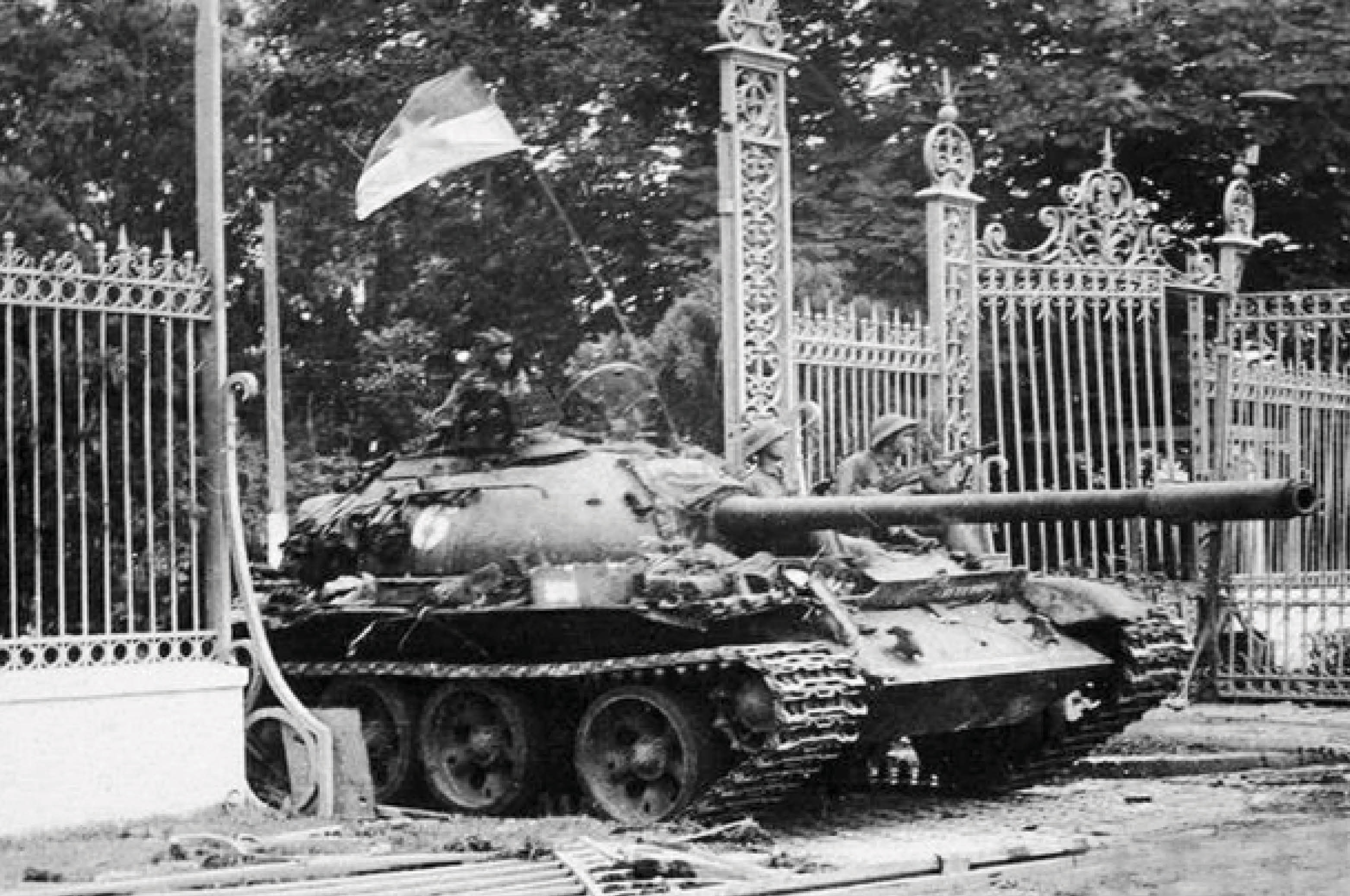 |
| Liberation Army tanks entered the Independence Palace at noon on April 30, 1975. The Vietnamese Revolution had successfully completed its goal of liberating the South and unifying the country. Photo: VNA |
The inevitable victory of the unification trend
The Vietnamese people's will for independence, freedom, and national unity has its source in history. Even though there were a few periods when the country was temporarily divided and fragmented due to the power struggles of different political centers, the trend of unification still dominated the historical flow of the nation. "Vietnam is one, the Vietnamese people are one." "Rivers may dry up, mountains may erode, but that truth will never change!" (Ho Chi Minh). Until the first months of 1975, all the last desperate efforts of the US and the Saigon government, despite their obstacles, could not reverse that flow.
Mr. Henry Kissinger - who had a lot of influence on US policy on Vietnam for a long time, in a memorandum sent to President Gerald R. Ford published by author Larry Berman admitted: "In terms of military tactics, we cannot help but conclude that our army is not suitable for this type of war. Even the special forces trained to do this cannot win... In the end, we have to negotiate with ourselves, continuously making one concession after another, while North Vietnam does not change one bit of their diplomatic goals and changes very little in their diplomatic stance" [1].
The fall of Saigon in April 1975 was primarily due to the weakening of the Thieu government in all aspects. This weakening was aggravated by the erroneous calculations and decisions on political strategy and military tactics of Thieu and his staff. Merle L. Pribbenow - a veteran expert on Vietnam for the Central Intelligence Agency (CIA), who worked for 5 years at the US Embassy in Saigon until April 29, 1975, in his research article (original: North Vietnam's Final Offensive: Strategic Endgame Nonpareil) in the Parameters magazine, winter issue 1999-2000, pages 58-71) added a comment: "The most devastating blow of the entire general offensive campaign was actually the shocking psychological blow that their (the revolutionary forces - NVA) brilliant and surprising strategy dealt to the Commander-in-Chief of the Republic of Vietnam". By 11:30 a.m. on April 30, 1975, the Vietnamese people's determination to fight and sacrifice to unify the country had completely won.
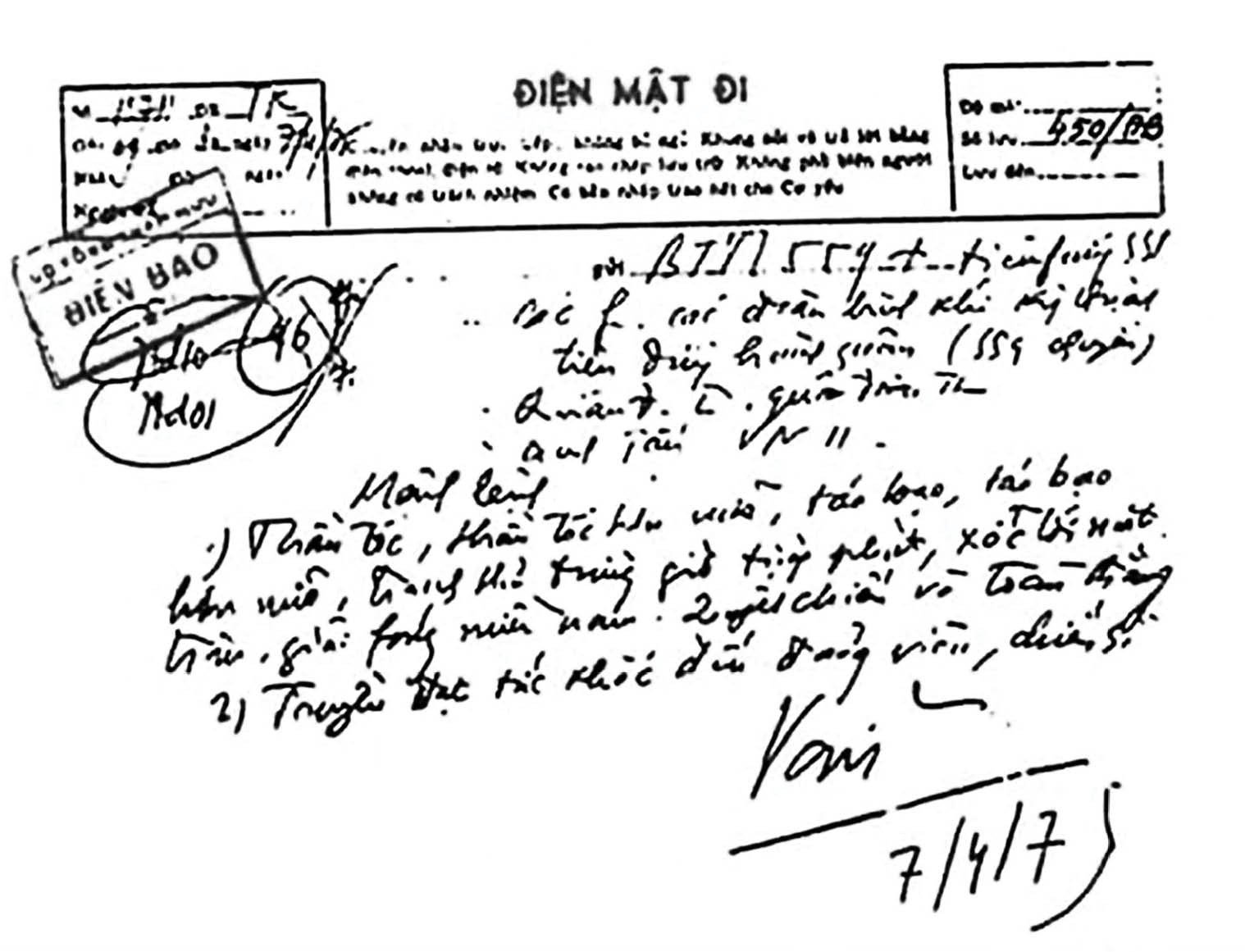 |
| On April 7, 1975, General, Commander-in-Chief Vo Nguyen Giap sent telegram No. 157-HDKTK ordering the units: “Faster, faster, bolder, bolder. Seize every hour, every minute, rush to the front, liberate the South. Determined battle and total victory!” |
Towards future development
Overcoming fierce challenges, the historical milestone of April 30, 1975 marked the triumphant end of the will for independence, freedom, and the indivisible spirit of national unity of the Vietnamese people. It was the end of a period of war and also the beginning of a new era for the Vietnamese people. The war was over, an independent, unified, and sovereign Vietnam had become a reality. The Vietnamese people had the prerequisites to build a Vietnam of “peace, unity, independence, democracy, and prosperity” as President Ho Chi Minh’s sacred testament.
The successful renovation is the result of overcoming oneself and overcoming the difficulties left by the war. Once again, Vietnam has won. From a "wartime economy", Vietnam has gradually transformed and developed its economy in a market-oriented manner along with the times. Efforts to improve the quality of human life have been and are being promoted by many measures compatible with economic, social and cultural development, and major social programs are being promoted... Looking back at the fierce war, we appreciate the noble value of peace even more. On the new journey, "Vietnam is always ready to be a friend, a reliable and responsible partner in the international community". With the motto of multilateralizing and diversifying international relations, we have been and are making efforts to make the world better understand the country, people and potential for cooperation with Vietnam. The national position as a positive factor in maintaining peace and stability in the region and the world is increasingly appreciated.
Five decades after the end of the Vietnam War, Vietnam-US relations have turned a new page. Vietnam and the United States officially established diplomatic relations on July 12, 1995, and established a comprehensive partnership on July 25, 2013. The Vietnam-US Trade Agreement was signed, and economic, diplomatic, cultural, scientific, educational relations... are developing. On September 10, 2023, the two countries officially upgraded their relationship to a comprehensive strategic partnership for peace, cooperation and sustainable development. Both countries and the international community benefit from that.
The epoch-making victory of the Era of Independence and Freedom pioneered by President Ho Chi Minh since 1945 and the great, historically significant achievements of the Era of Innovation and Development that began in 1986 have created a solid foundation for the country to enter a new era. The era of national development converges the nation's endogenous strength combined with external forces brought about by opportunities with strong will, with a spirit of effort, with a confident mindset to realize aspirations.
| Also from 2025, Hue will establish a new position as a centrally-governed city with a development strategy as a typical heritage urban area of Vietnam, a large, unique center of Southeast Asia in terms of culture, tourism and specialized healthcare, a major center of science and technology, education of the whole country... With a new position, a new confidence, and a new momentum, Hue will rise to shine with the country since the 50th anniversary of liberation, unification and development. |
[1] Larry Berman: No Peace, No Honor. Nixon, Kissinger and Betrayal in Vietnam - English version by Free Press Publishing House, Simon & Schuster Group, New York, 2001, Vietnamese translation by Nguyen Manh Hung, published by Viet Tide, 2003, pp. 371 - 372. Larry Berman is a Professor of Political Science at the University of California. He is also the author of the famous book Perfect Spy about the famous intelligence officer Pham Xuan An.
Source: https://huengaynay.vn/chinh-tri-xa-hoi/theo-dong-thoi-su/khuc-khai-hoan-doc-lap-tu-do-thong-nhat-va-phat-trien-153098.html




![[Photo] Russian military power on display at parade celebrating 80 years of victory over fascism](https://vphoto.vietnam.vn/thumb/1200x675/vietnam/resource/IMAGE/2025/5/9/ce054c3a71b74b1da3be310973aebcfd)
![[Photo] Prime Minister Pham Minh Chinh chairs a special Government meeting on the arrangement of administrative units at all levels.](https://vphoto.vietnam.vn/thumb/1200x675/vietnam/resource/IMAGE/2025/5/9/6a22e6a997424870abfb39817bb9bb6c)
![[Photo] Magical moment of double five-colored clouds on Ba Den mountain on the day of the Buddha's relic procession](https://vphoto.vietnam.vn/thumb/1200x675/vietnam/resource/IMAGE/2025/5/9/7a710556965c413397f9e38ac9708d2f)
![[Photo] General Secretary To Lam and international leaders attend the parade celebrating the 80th anniversary of the victory over fascism in Russia](https://vphoto.vietnam.vn/thumb/1200x675/vietnam/resource/IMAGE/2025/5/9/4ec77ed7629a45c79d6e8aa952f20dd3)
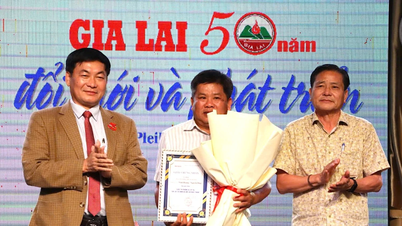
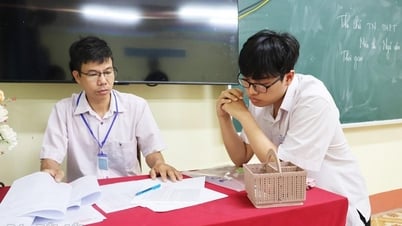

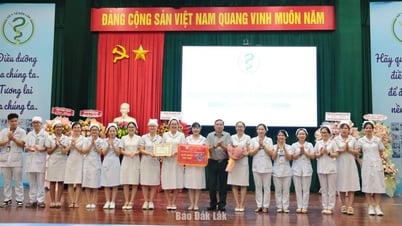
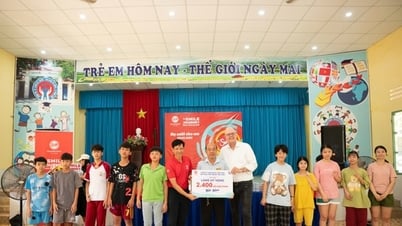






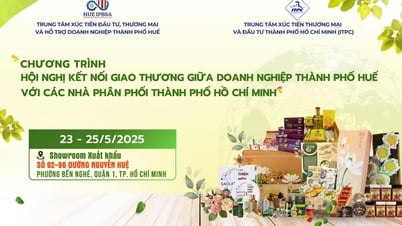

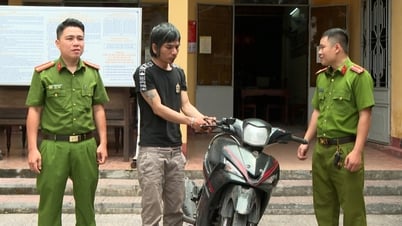



































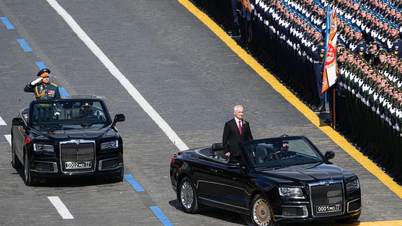

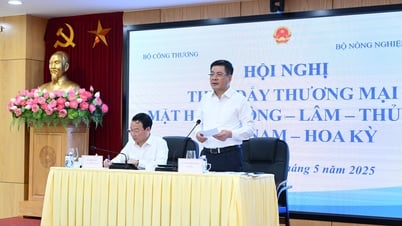



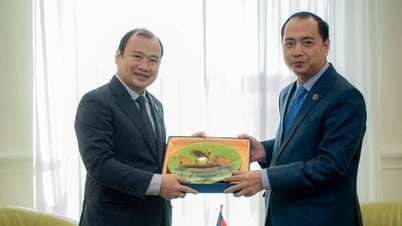
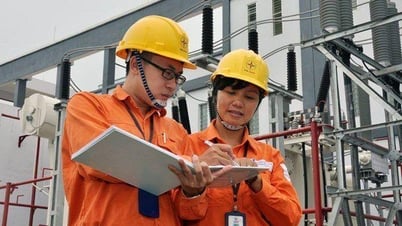
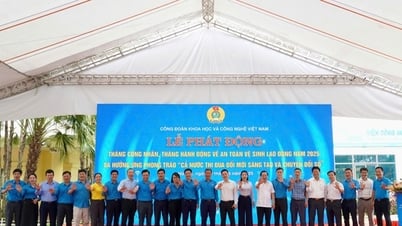

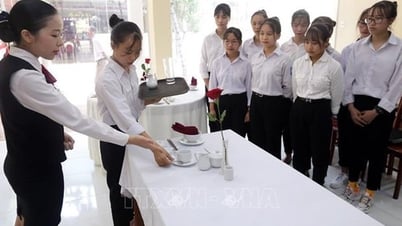




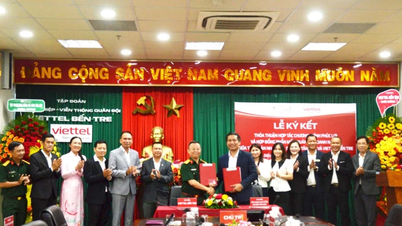
















Comment (0)